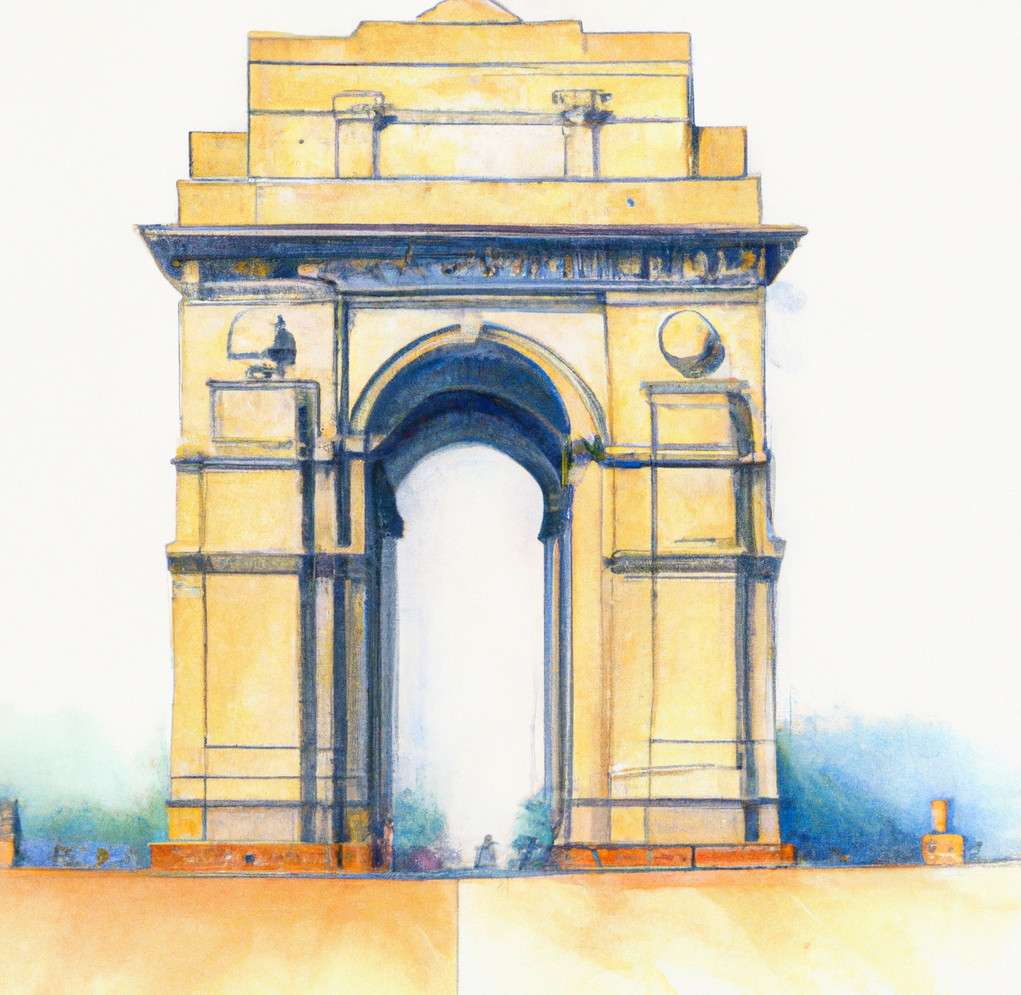Indian Names Starting with D
I. Introduction to Indian Names Starting with D
In Indian culture, names hold great importance as they are believed to shape a person’s identity and destiny. Names starting with the letter D have their own significance and are widely used in India. The country’s vast diversity is reflected in the wide range of Indian names, each with its own cultural and historical context.
II. Historical and Cultural Significance of Indian Names
Hinduism has a major influence on Indian naming traditions. Many Indian names are related to Hindu deities and mythology. For instance, names like Dev, Devi, and Durga are commonly used, symbolizing divine qualities. Furthermore, regional languages and dialects also play a significant role in shaping Indian names. Each Indian state has its own set of names with unique meanings. Additionally, other religions like Sikhism, Islam, and Christianity have contributed to the diversity of Indian names.
III. Popular Indian Names Starting with D
There are several popular Indian names that start with the letter D and carry deep meanings. Names like Deepak (lamp/light) and Disha (direction) have symbolism and significance in Indian culture. Traditional names like Dinesh (lord of the day) and Daya (compassion) have historical contexts and cultural importance. On the other hand, modern names like Dhruv (steadfast) and Daksh (competent) reflect changing trends in Indian naming practices.
IV. Unisex Indian Names Starting with D
Some Indian names starting with D can be used for both boys and girls, making them unisex names. Names like Devika and Dhruv are examples of such gender-neutral names. The acceptance and usage of unisex names vary across different regions and communities in India.
V. Indian Names Starting with D and Numerology
Numerology plays a significant role in Indian culture, where the destiny number associated with a name is believed to influence a person’s characteristics and destiny. Names starting with D also have their own numerological significance, and their destiny numbers can be calculated to interpret the associated traits.
VI. Influence of Bollywood on Indian Names Starting with D
The Indian film industry, Bollywood, has a profound impact on popular culture in India. This influence extends to naming practices, with many names inspired by Bollywood actors and actresses. Deepika, inspired by the popular actress Deepika Padukone, is one such example. These names gain popularity due to their association with beloved celebrities.
VII. Unique and Uncommon Indian Names Starting with D
In addition to popular names, there are several lesser-known and rare Indian names starting with D. These names carry ancient roots and have unique meanings. Examples include Dhanraj (king of wealth) and Damini (lightning). These names provide an exploration of Indian history and culture.
VIII. Modern Trends and Innovations in Naming Practices
Modern naming practices in India often involve a fusion of traditional and contemporary elements. Some parents combine Indian and Western names to create unique and meaningful names for their children. Devansh (divine part) and Dhriti (courage) are examples of such names. Additionally, celebrities and their choice of unique names also influence naming trends in Indian society.
IX. Conclusion
Indian names starting with D showcase the rich cultural, historical, and linguistic influences that shape the naming traditions in India. The significance of names in Indian culture remains strong, and the diverse range of names starting with D reflects the country’s multicultural heritage. Whether it’s traditional names with deep meanings or modern names representing changing trends, Indian names continue to hold immense value in contemporary society.
Keywords: Indian names, names starting with D, Hinduism, regional languages, diversity, numerology, Bollywood influence, unique names, modern trends, cultural significance.
